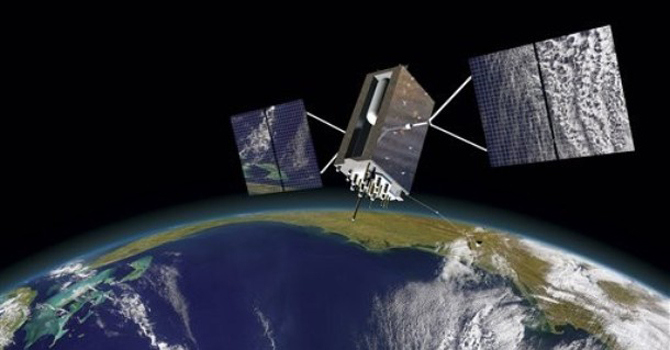
Technology
The Government of Pakistan is preparing to ban access to international satellites

The Government of Pakistan is preparing to ban the use of a international satellite. The restriction will be enforced through SOPs to allow the maximum number of Pakistani satellites to be used. It would therefore reduce the influx of foreign exchange.
This is one of the key agendas of the meeting to be held today (Wednesday) by the Economic Coordination Committee.
The meeting will be headed by the Prime Minister's Special Adviser on Finance and Revenue Abdul Hafeez Sheikh. The ECC is expected to take part in a 9-point agenda to address the addition of natural gas supplies to areas within a 5-km radius of the gas fields and the availability of industrial facilities in the Port Qasim zone.
In 2004, the then Prime Minister of Pakistan issued the orders for maximum utilization of Pakistan-based satellites right after the launch of the satellite at that time. The PM considered the ways and criteria of the execution of the policy, such as logistical, financial and regulatory elements, which are important for the modeling of the policy.
In 2019, Pakistan's Prime Minister set up a committee that was obligated to resolve financial and regulatory concerns related to the National Space Programs.
According to ECC, the usage of national space assets may have produced $544 million had it persisted after 2004, but it still has the capacity to produce $600 to $700 million by 2030 had Paksat Satellite Services continues to grow at the same rate.
Imran Khan also created an inter-ministerial group, chaired by the Minister of Information and Technology. The Committee shall seek to optimize the use of national space assets by Suparco and Paksat International for satellite services in Pakistan.
According to the National Space Programme, the current satellite utilization capability is 2200 MHz, of which 21 per cent is on the Pakistani satellite and rests on a international satellite. As far as finances are concerned, about $40 million per year is spent by the country and the default of users of Pakistan Satellites is up to $22.48 million due to lack of regulation.
According to the overview countries given, such as China, Bangladesh and India have banned the use of international satellites, thus ensuring regulatory and financial security for their space programme.
